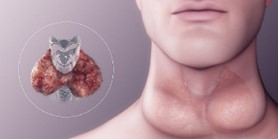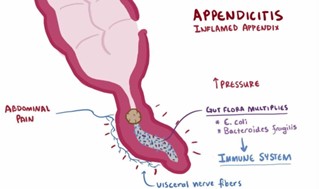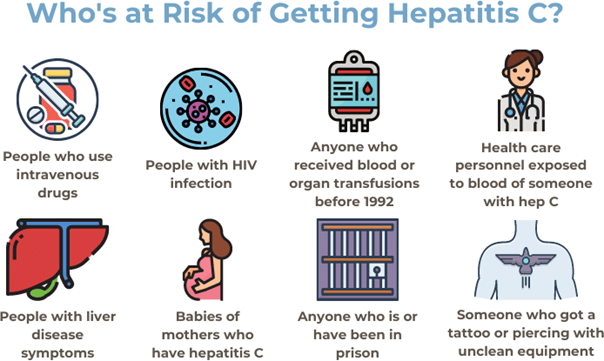A nurse assesses a patient with hypothyroidism who is admitted with acute appendicitis. The nurse notes that the patient's level of consciousness has decreased. What action does the nurse perform?
Restricts oral intake.
Monitor blood pressure every 4 hours.
Administer SQ insulin as prescribed.
Maintain a patent airway.
The Correct Answer is D
A decrease in the level of consciousness is a serious sign and could be an indication of worsening conditions. It is essential for the nurse to ensure that the patient's airway is open and clear, as a compromised airway can lead to hypoxia and a further decrease in consciousness. Therefore, maintaining a patent airway should be the nurse's priority action in this situation.
While monitoring blood pressure and restricting oral intake may be important interventions in certain situations, they are not the priority actions in this scenario. Administering SQ insulin may not be necessary for a patient with hypothyroidism and acute appendicitis.


Nursing Test Bank
Naxlex Comprehensive Predictor Exams
Related Questions
Correct Answer is ["A","D"]
Explanation
The serum laboratory test results that support the probable diagnosis of hyperthyroidism in a 40- year-old female client with a family history of thyroid problems and presenting with symptoms of unintentional weight loss, irritability, and chest discomfort are increased T4 (thyroxine) and T3 (triiodothyronine) levels, as hyperthyroidism is characterized by excess production of thyroid hormones. Options b, c, e, f, and g are not typically associated with hyperthyroidism.
Correct Answer is B
Explanation
Intravenous drug use is a significant risk factor for hepatitis C transmission. The other options are not necessarily related to hepatitis C transmission. However, having a blood transfusion before 1992 or receiving an organ transplant before 1992, having a history of receiving blood products or clotting factor concentrates before 1987, and having been born to a mother with hepatitis C are also considered significant risk factors for hepatitis C transmission.

Whether you are a student looking to ace your exams or a practicing nurse seeking to enhance your expertise , our nursing education contents will empower you with the confidence and competence to make a difference in the lives of patients and become a respected leader in the healthcare field.
Visit Naxlex, invest in your future and unlock endless possibilities with our unparalleled nursing education contents today
Report Wrong Answer on the Current Question
Do you disagree with the answer? If yes, what is your expected answer? Explain.
Kindly be descriptive with the issue you are facing.
